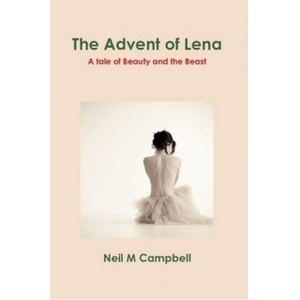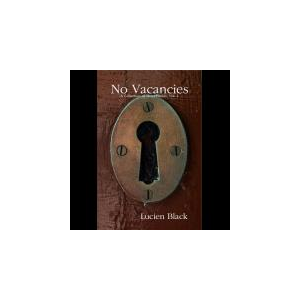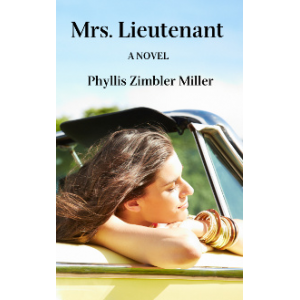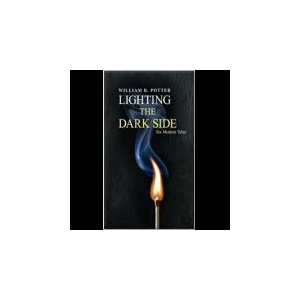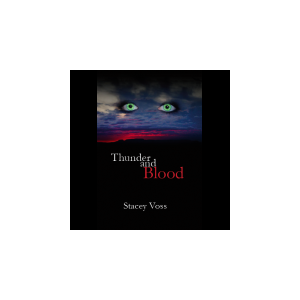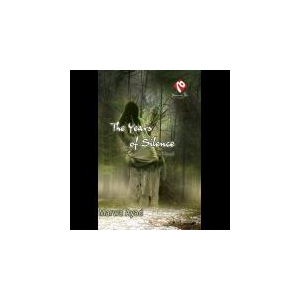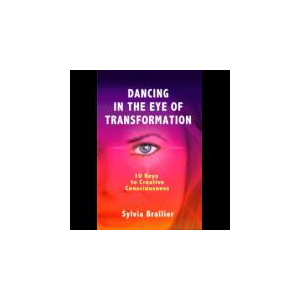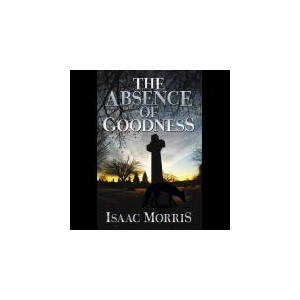Mary Seacole was a real hero of the Crimean War, aself-proclaimed “doctoress” and contemporary of Florence Nightingale. She was ablack Jamaican woman who risked her life to help sick and dying soldiers at thebattlefront. This tale imagines her experiences as she faces impossiblechallenges, grapples with the flaws of human nature, and copes with death andloss. The Crimean War was the first war of the industrial era. Its armies, unadjustedto modern warfare, pitted Russian muskets against French rifles. For the firsttime in history, telegraph sent speedy press reports to newspapers, and warphotography showed pictures of the horror to the public at home. In this war,Mary Seacole confronted killing on an industrial scale, as well as thousands ofdeaths from infectious disease, when little was available to treat the dying.
The Story Behind This Book
Julia Buss is author of Your Care Plan, a nurse’s guide to healthy living, and co-author of Flying the Edge of America, the trip of a lifetime. She is a registered nurse, who also graduated from Brown University with a degree in English and American literature. Julia blogs about health and diet at www.juliacbuss.wordpress.com. She is married, and lives in California.
Praise and Reviews
S. Marie Vernon, Pacific Book Review
The Black Nightingale is Mary Seacole, a true heroine of the Crimean War and British History.Author Julia Buss has captured her remarkable spirit, her determination, and her amazing courage in the face of adversity that threatened to keep her from her life’s mission; that of saving lives. This story walked me right onto the battlefields during the mid-18thcentury along with Mary.Julia Buss’s writing enabled me to visualize and feel the unconditional love, the deep compassion and the devotion this black Jamaican nurse had for humanity; especially the wounded and dying soldiers.As Mary Seacole often risked her own life to save the men engaged in this war, her courageous character became truly inspirational.
Mary Seacole was a proud, compassionate and accomplished Jamaican woman.When following the news of the Crimean War and the illnesses plaguing the soldiers, she traveled from Jamaica to London’s War Office to offer her medical expertise and nursing services.There she waited patiently, to serve as a member of the war nursing team, alongside Florence Nightingale who was going to the Crimean, a Ukrainian peninsula between the Black Sea and the Sea of Azov.Rejected for service by the War Office and by Florence Nightingale herself, Mary was not deterred from finding a way to serve the sick, wounded and dying men.She, along with a dear friend, Thomas Day, independently traveled to the town of Balaklava, a mere two miles from the siege.Mary chose her location carefully, because she knew many wounded would never survive the long trip to Nightingale’s military hospital.There, Mary and Thomas set up hospital beds and a clinic in the British Hotel. When the men could not come to her, Mary courageously went to them; even in the mist of battle.
In Black Nightingale, Julia Buss has mastered a great historical piece of literature.Written in a third-person narrative format, she brought to life the harsh realities of the world’s first war whose tragedies were openly reported to the public. To a greater degree, this novel is perfectly timed nowadays to support the ongoing efforts in London and the United Kingdom to bring recognition to one of London’s most courageous, remarkable, and deserving black citizens;Mary Seacole. London is currently raising funds for a War Memorial Statue to honor Mrs. Seacole and to preserve in history the many contributions she made to health care and to the military field services. The memorial statue, along with this wonderful story of Mary Seacole, will bring a long overdue tribute to honor this great lady; acknowledging her fighting spirit and the selfless service she, so freely, gave to the British forces whom had rejected her. As a nurse herself, Julia Buss created her novel, Black Nightingale, to justly join the efforts to preserve Mary Seacole’s memory in our society today, as well as in history for generations to come.


